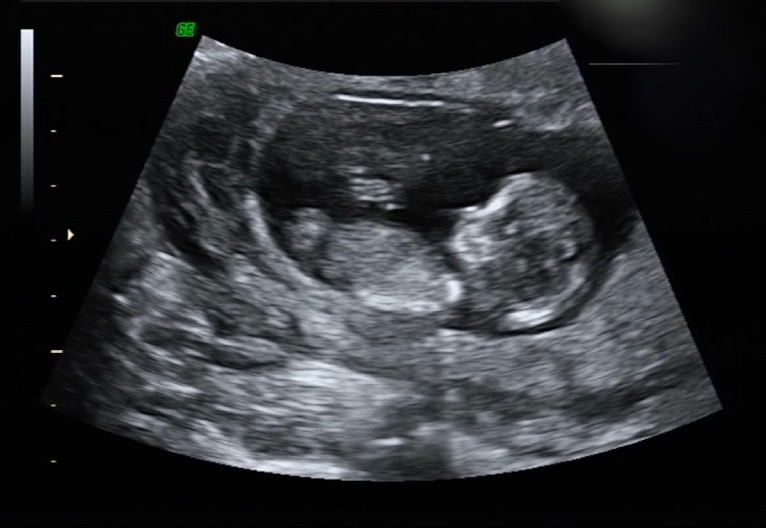by Dr Bronwyn Leigh
“An infant is conceived – and conceived of.” – Sarah A. Birss
To think of a baby as both conceived and conceived of highlights the biological and psychological conception that takes place in the transition to parenthood. Ways of conceiving both biologically and psychologically are varied and personal. Your baby’s biological conception may have been achieved ‘naturally’ or through assisted conception, you may or may not be a biological parent to your infant, and while conception often occurs within a partnership this is not always the case. From your perspective, the pregnancy may be planned, wanted and timely – or not. Obvious as well as discrete physical changes accompany the biological conception and pregnancy period – hormonal changes, physical symptoms such as morning sickness and changes in physical shape and appearance as the pregnant mother’s belly grows with her fetus. These changes can serve as reminders of a changing reality and usually assist in the move towards parenthood.
While the biological conception and changes proceed with some predictability, a psychological conception is also taking place. Not only is your fetus growing but so too are your imaginings, fantasies and worries about your baby – who she will be, how she will look, the qualities she might inherit as well as those you hope she doesn’t. Your wonderings might also include thoughts about how you will be as a parent. Fantasies about your baby and your parenting are bound to be imbued with mixed feelings – joy, anticipation, wonder, worry, annoyance, and perhaps despair. In these conceptions, new ways of being are born, while others are inevitably lost. For instance, there may be aspects of your identity that are lost forever and parts of yourself that become awakened and are given opportunity to develop. So, these processes of conception and antenatal change bring both expected and unexpected gains and losses that need thinking about.
Sometimes fantasies about your baby can be so strong or feel so certain that it does not allow space for your baby to be as she is. Babies come with their own temperament, some of which you might expect and find endearing, while other parts may be a surprise or irritating. It is helpful to hold in mind that your baby is a unique and separate entity and that getting to know her will occur over time. If you can allow an ‘unknowing’ space in your mind, your baby can have some freedom to grow and develop as the little person she is, and you will have a greater time seeing and enjoying her as she develops.
We would love to help you feel confident, calm and as prepared-as-possible to meet your baby when s/he arrives. You may find it helpful to read our book, Towards Parenthood, and if you need additional support then we have you covered Australia-wide – contact us or search here by Location to find your nearest perinatal psychologist.
Click here to purchase a copy of the Towards Parenthood book
About the Author
Dr Bronwyn Leigh is a clinical psychologist, perinatal and infant clinician and early parenting consultant. She is the Director of the Centre for Perinatal Psychology. She consults in Fairfield and Croydon, Vic. Bronwyn specialises in the psychological aspects of becoming a parent, the emotional development of infants, and parent-infant relationships. Bronwyn co-authored the book Towards Parenthood: Preparing for the Changes and Challenges of a New Baby.
Contact us Today
Are you journeying Towards Parenthood? Many parents need additional support during this time. Remember, you are not alone. To access our help, locate a psychologist near you: search by Location.
Call us on 1300 852 660 or contact us to make an appointment or enquiry.








